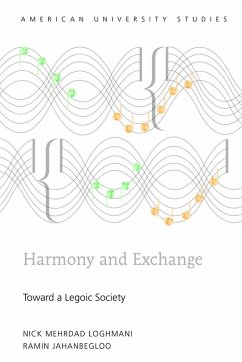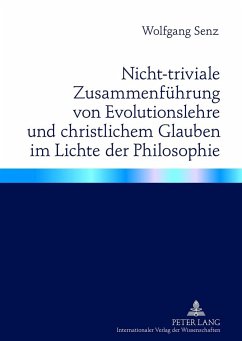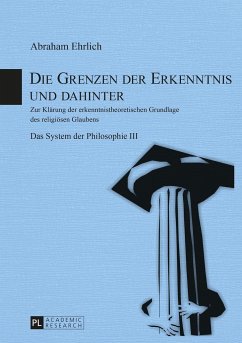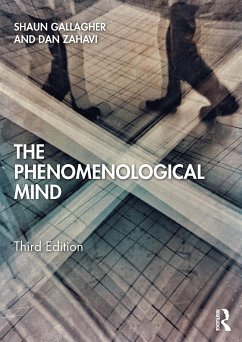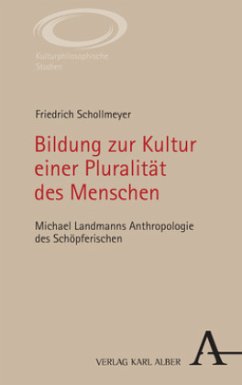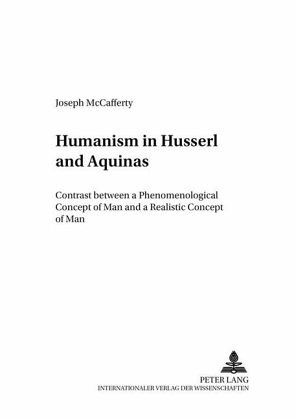
Humanism in Husserl and Aquinas
Contrast between a Phenomenological Concept of Man and a Realistic Concept of Man
Versandkostenfrei!
Versandfertig in 6-10 Tagen
35,95 €
inkl. MwSt.

PAYBACK Punkte
0 °P sammeln!
The skeptical consequences of the psychologist and historicist thinking prevalent in the intellectual climate of the beginning of the twentieth century made it impossible to establish morality, religion and other humanistic sciences on an absolute foundation. Husserl saw in this situation factors which were causing real illnesses of the human spirit. It is the thesis of this work that Husserl, though well-motivated by the best humanistic intentions, fails to furnish an adequate cure for the ills of the human spirit. He fails because his phenomenology lacks a metaphysical foundation and because...
The skeptical consequences of the psychologist and historicist thinking prevalent in the intellectual climate of the beginning of the twentieth century made it impossible to establish morality, religion and other humanistic sciences on an absolute foundation. Husserl saw in this situation factors which were causing real illnesses of the human spirit. It is the thesis of this work that Husserl, though well-motivated by the best humanistic intentions, fails to furnish an adequate cure for the ills of the human spirit. He fails because his phenomenology lacks a metaphysical foundation and because the aim he has in mind - to remedy the sickness of the human spirit - cannot be attained through the power of human reason alone. In St. Thomas Aquinas we find a more adequate remedy for curing the sickness of the human spirit because of a metaphysically sound doctrine on man and the absence of a purely "this-world" orientation in thought. The conclusion of this work is that St. Thomas' thought is the more adequate one to respond to the Husserlian problem of the human spirit's sickness.






